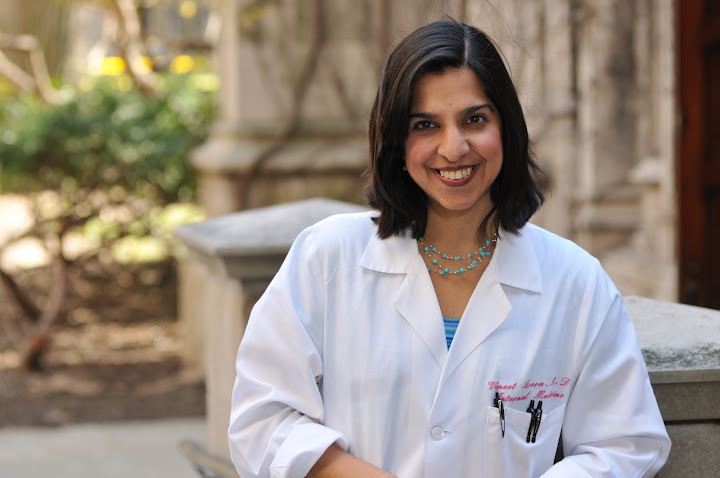Last month, Dr. Vivek Murthy was confirmed by the Senate Health, Education, Labor and Pensions Committee for the nation’s top post as a physician – Surgeon General. The full Senate will now ultimately schedule a vote on his nomination. It is noteworthy in a number of ways, such as being the youngest Surgeon General or the first South Asian to be nominated for this office. However, there is another way in which his nomination is noteworthy – he is also a hospitalist. In fact, while practicing as a hospitalist at the Brigham and Women’s Hospital, Dr. Murthy was able lead advocacy and community organizing initiatives through Doctors for America, which was a major vehicle to help doctors advocate for expanding insurance for all through the Affordable Care Act.
While his advocacy to promote better health and access to care through Doctors for America has been seen by Republicans as “too political,” it’s important to remember that doctors are often accused of being too passive and not having an active voice in healthcare policy decisions. Perhaps that is one reason that the Office of the Surgeon General is often seen an irrelevant post. I hope that Dr. Murthy has the opportunity to fix that.
He has also been accused of being a “radical” for suggesting that curbing gun violence is a “public health issue.” Let’s be clear. His positions are in line with numerous professional societies, including the American Public Health Association (APHA). Gun violence results in 30,000 deaths and 60,000 non-fatal injuries per year, which makes it a public health issue. The APHA actually states that gun violence can be “prevented through a comprehensive public health approach that keeps families and communities safe.”
Perhaps the most ridiculous criticism that I saw of Dr. Murthy was that he does not deserve the position because he has not been “anyone’s doctor” because he is a hospitalist and does not have a clinic where he followed patients. Of course, this is likely partisan muckraking and very outdated thinking, recognized by a great tweet by Bob Wachter. However, it does not dismiss the fact that hospitalists sometimes come under fire for not having a panel of patients they care for in clinic.
While hospitalists may not practice in clinic, however, it does not mean they are not serving as “anyone’s doctor.” I was just finishing service and reflecting on what hospitalist do… Certainly, they care for a complex set of patients who need intensely coordinated acute care among a variety of specialists. I found myself having difficult family meetings discussing long-term prognosis of manifestations of chronic disease, counseling asthma patients on the perils of continued smoking and offering assistance to quit, choosing pain medications a patient can afford, or reviewing reams of lab data along with physical exam and history data to put together a rare diagnosis.
While it is true that hospitalists as a group do not develop long-term relationships with their patients, hospitalists still serve as “someone’s doctor” and guide their patients at the most acutely ill time of their life when they are in an unfamiliar and all-too-often uncomfortable environment. While I may never see my patient again after they are discharged, it does not mean that I never do. Occasionally, I have seen my former patients in the community or going to their clinic appointments and they remember me and provide me with some insight into how important I, their doctor, was to them. I took care of a patient who recognized me in the hallway a year later when his wife was hospitalized and said, “Doc you saved my life, thank you!” I am not even mentioning the very important subset of patients who must use the hospital as their principal site of care, and are more familiar to the hospital physician than to their primary care physician, if they even have one or can get into see them.
Caring for patients takes a village, and one part of that village is being in the hospital where patients will certainly meet many types of doctors, including a hospitalist who will be in charge of their care. Dr. Vivek Murthy is a hospitalist, is someone’s doctor, a public health advocate, and is more than qualified for serving as the Surgeon General.



Amen Vin, and thanks for stating the obvious.
Using the ill-conceived logic of “hospital docs” dont qualify, perhaps we can extend the same to “MD’s shouldnt lead companies,” or even “college dropouts shouldnt go into business.” You know, cause titles matter and whats in the heart and soul dont count.
I am appalled at how the nomination process is playing out. I hope cooler heads prevail and both Vivek and the country get what they deserve: a noble position and an exceptionally qualified candidate respectively.
Brad